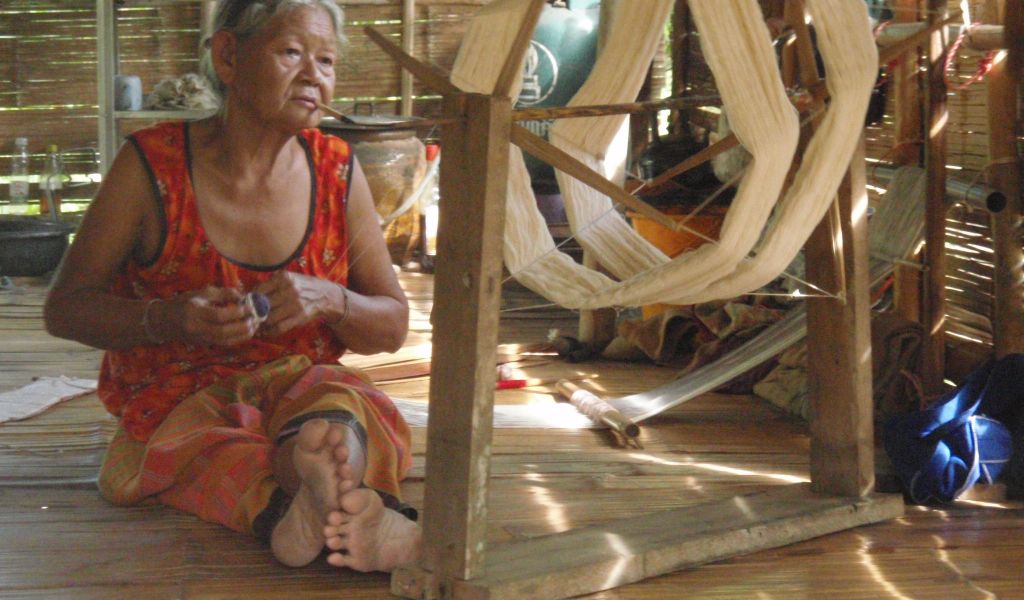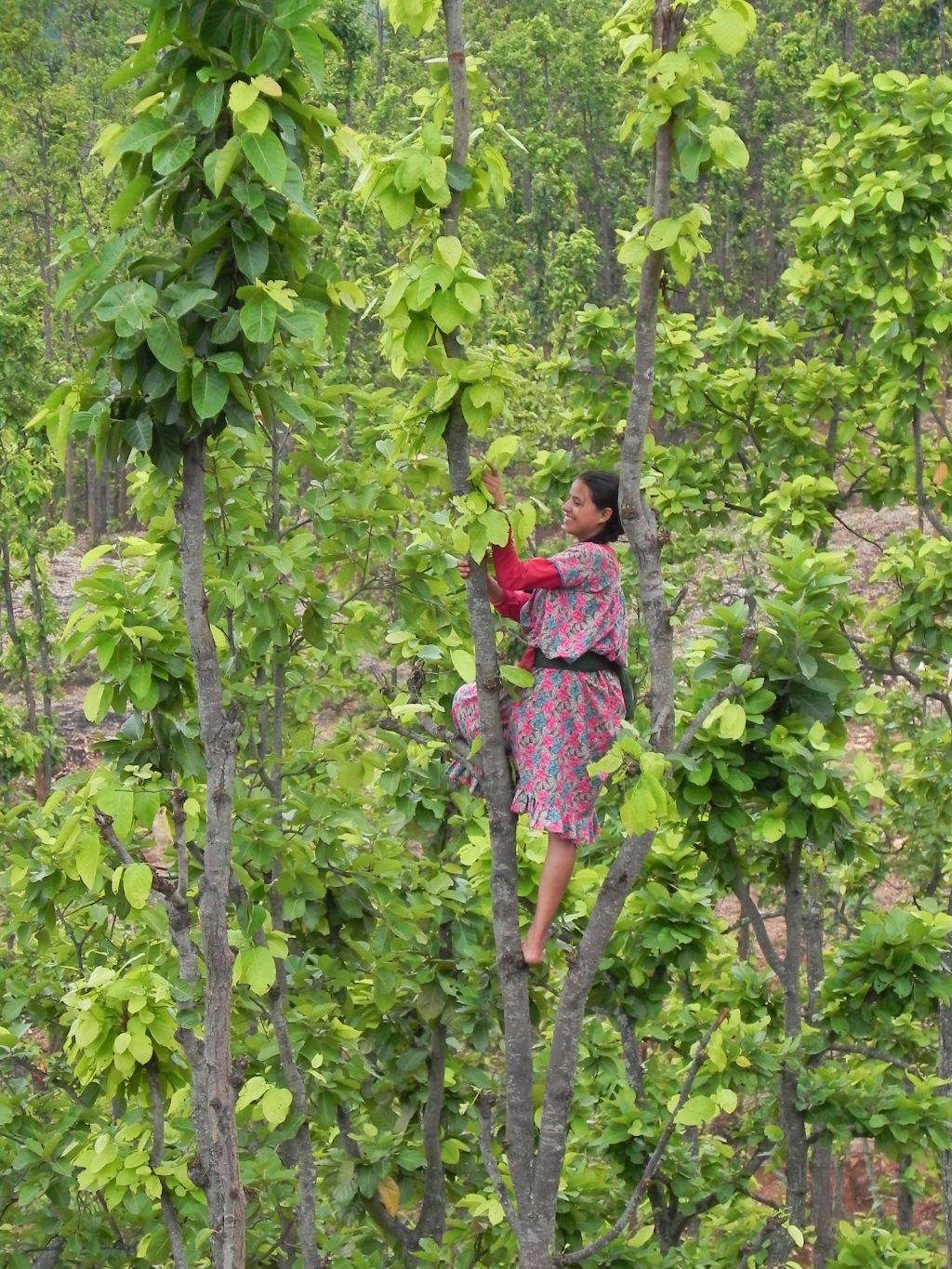Making forestry work for women

At a recent gathering of forestry professionals to discuss gender mainstreaming in forest policy, Dr. Tint L. Thaung, Executive Director of RECOFTC, highlighted the gender divide in the forestry sector, and the urgent need to address it. “Even today, the forestry sector is perceived by many as a ‘man’s’ profession,” he said.
Statistics from the forestry sector in this region back this up. For example, female staff at one forest ministry make up a mere three percent of employees. Community forest user groups are not reaching the target of 50 percent female inclusion. In another typical example, one ministry has 12 percent female staff, with the majority hired in administrative positions.
Addressing the various challenges to gender mainstreaming in the forestry sector require multi-dimensional approaches. Fundamental questions need to be explored to inform these approaches: how would gender responsive national forest policy help achieve gender equity in practice? What are the intervening factors and how do we address them? All forest-related interventions need to be seen through a gender lens to recognize these fundamental issues.

Credit : Rupa Joshi
Amidst a discussion on gender disparity during the gathering, a participant from the Philippines shared her observation on a paradigm shift in gender inclusivity in the forestry sector in her country. Forestry courses, which were traditionally predominantly male, have shown increases in female enrollment. Currently, women outnumber men in forestry courses three to one. In fact, there are more female staff in the Forest Management Bureau of Philippines, with some occupying the most senior positions.
While female representation is important, however, it is not enough. It is critical to understand that gender mainstreaming is just a process and not a panacea in itself. Unless efforts are made to change mindsets, through awareness raising and developing capacities of stakeholders, achieving gender equality in forestry seems a far cry.
RECOFTC strongly believes that women’s empowerment is a key component of sustainable forest management. Thus in collaboration with its partners, RECOFTC is working to strengthen social and gender equity in all aspects of community forestry.
We would like to wish you a Happy International Women’s day and look forward to working together towards strengthening social and gender equity in community forestry.

